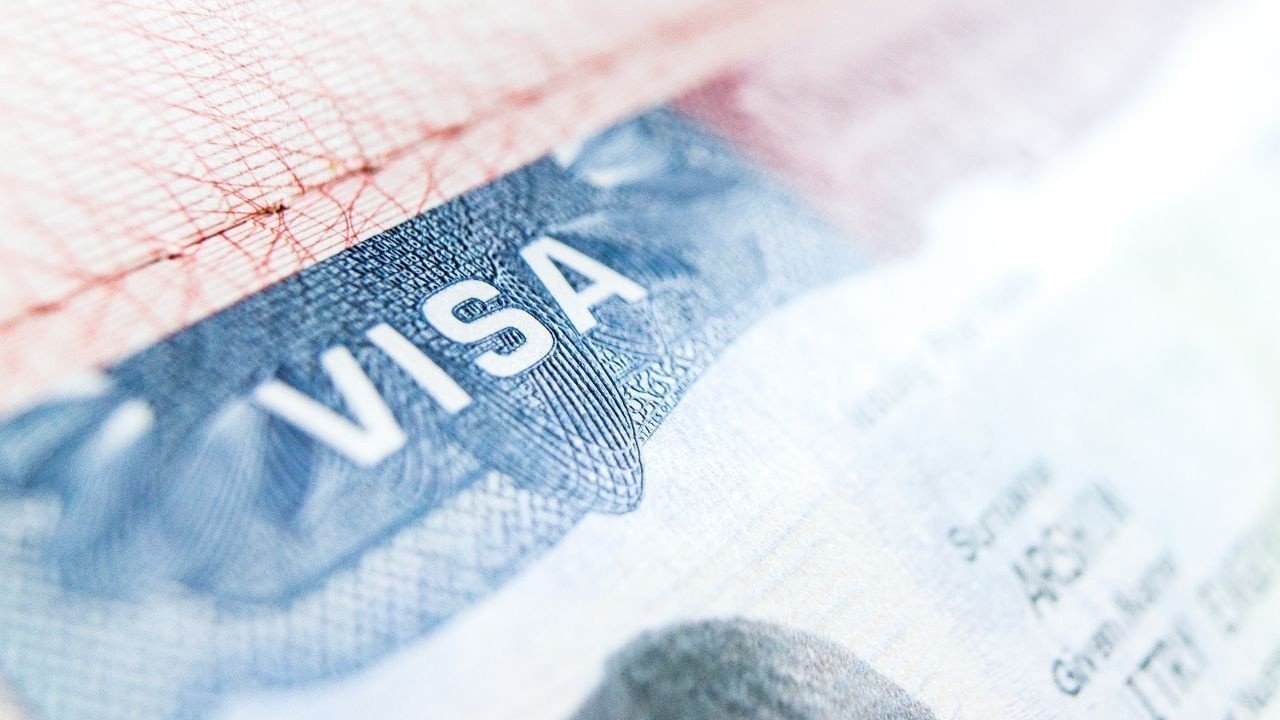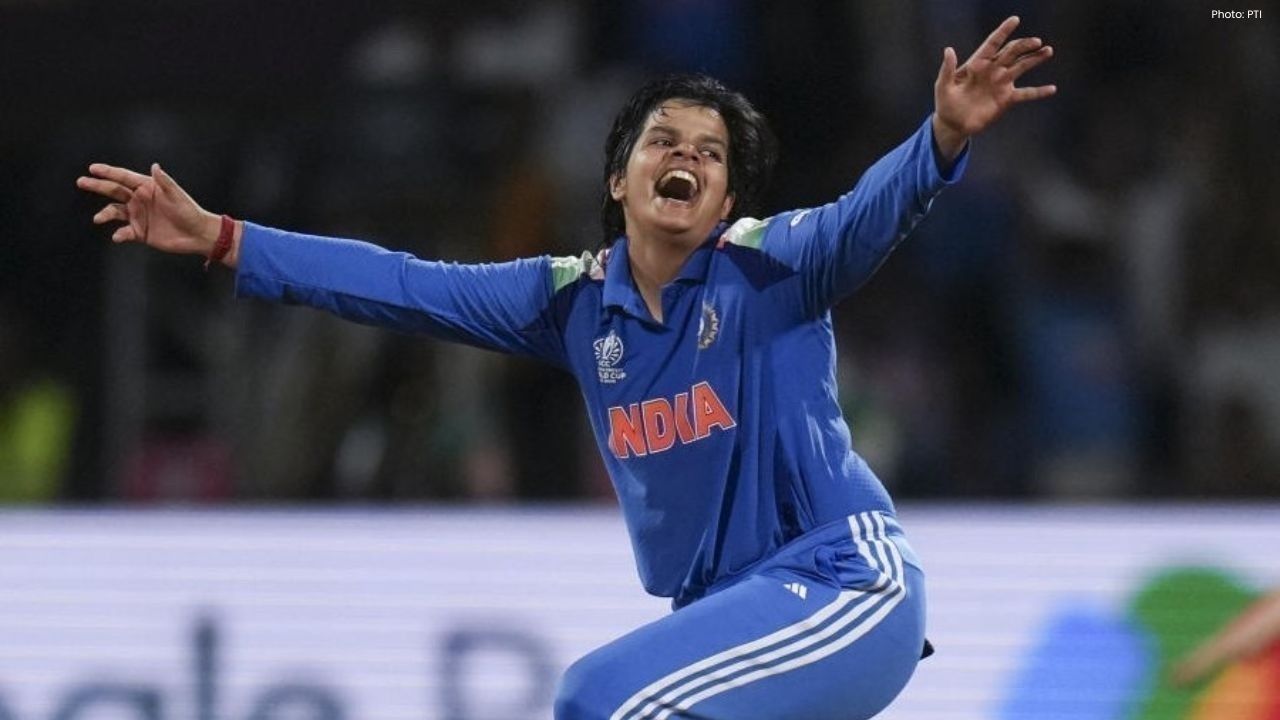
Post by : Luxmi Verma
Painful periods, also known as dysmenorrhea, are a common issue that many women face every month. This condition causes cramping pain in the lower abdomen before or during menstruation. For some women, these cramps can be mild and manageable, but for others, they can be severe and debilitating, affecting their daily life. Understanding the main cause of painful periods is the first step toward managing and reducing this discomfort.
The main cause of painful periods is often linked to the natural process of menstruation itself, but it can also be associated with underlying health conditions. In this article, we’ll discuss the key causes of painful periods and offer advice on how to relieve and manage the pain.
During a woman’s menstrual cycle, the lining of the uterus thickens in preparation for pregnancy. If pregnancy does not occur, the body sheds this lining, which results in bleeding. As the uterus contracts to help expel the lining, it can cause pain and cramping. The main cause of painful periods is these uterine contractions. The hormone prostaglandin is responsible for triggering the contractions, and higher levels of prostaglandins can lead to stronger contractions, resulting in more intense pain.
This pain typically starts a few days before menstruation and can last for several days. Women may experience dull or sharp cramping, lower back pain, and even nausea or headaches in some cases. While some discomfort is normal, severe pain can be a sign of an underlying condition that needs attention.
Primary dysmenorrhea refers to pain that occurs during menstruation without any underlying medical condition. This is the most common cause of painful periods and typically starts within a few years after menstruation begins. It is usually linked to the hormonal changes in the body, particularly high levels of prostaglandins, which cause the uterus to contract more strongly.
While primary dysmenorrhea is a normal part of the menstrual cycle, the pain can still be intense. Women who experience primary dysmenorrhea often have no other health problems, and the pain generally resolves on its own after a few days.
In some cases, painful periods are caused by underlying medical conditions. This is known as secondary dysmenorrhea. The main cause of painful periods in these cases is usually due to issues like:
Endometriosis: A condition where tissue similar to the uterine lining grows outside the uterus, leading to severe pain, especially during menstruation. The tissue responds to hormonal changes and bleeds, causing inflammation, pain, and sometimes infertility.
Uterine Fibroids: Non-cancerous growths in the uterus that can cause heavy bleeding, pain, and discomfort during periods. Fibroids can make the uterus larger and more prone to painful contractions.
Adenomyosis: This occurs when the uterine lining grows into the muscle wall of the uterus, causing painful periods, heavy bleeding, and an enlarged uterus.
Pelvic Inflammatory Disease (PID): A bacterial infection of the reproductive organs can cause chronic pain, abnormal bleeding, and painful periods. PID is often caused by untreated sexually transmitted infections.
Cervical Stenosis: This condition involves a narrowing of the cervix, which can obstruct menstrual flow and lead to painful cramping during menstruation.
While it’s normal to experience some discomfort during menstruation, there are several ways to manage and reduce pain, especially if the main cause of painful periods is primary dysmenorrhea. Here are some effective methods:
Over-the-Counter Pain Relief: Nonsteroidal anti-inflammatory drugs (NSAIDs), such as ibuprofen or naproxen, can reduce the production of prostaglandins, helping to alleviate pain. These medications are typically effective for mild to moderate cramps.
Heat Therapy: Applying a heating pad or hot water bottle to the lower abdomen can help relax the muscles of the uterus and relieve cramping. Heat therapy is a simple and natural way to ease menstrual pain.

Exercise: Regular physical activity can improve circulation and reduce stress, which may help reduce menstrual cramps. Even gentle exercises like walking or yoga can provide relief from period pain.
Dietary Changes: Eating a balanced diet rich in fruits, vegetables, and whole grains can support overall health and may help reduce the severity of period pain. Some studies suggest that reducing caffeine and sugar intake can also help with cramps.
Hormonal Birth Control: For women with primary dysmenorrhea or conditions like endometriosis, hormonal birth control methods (such as the pill, patch, or IUD) can help regulate the menstrual cycle, reduce the intensity of cramps, and provide pain relief.
Alternative Therapies: Acupuncture, herbal remedies, and supplements like magnesium or omega-3 fatty acids are some alternative therapies that may help reduce menstrual pain. However, it’s important to consult a healthcare provider before trying these methods.
Seek Medical Attention: If your periods are extremely painful or if the pain worsens over time, it’s essential to consult a doctor. Conditions like endometriosis, uterine fibroids, or PID require medical treatment to manage symptoms and prevent complications.
If you experience painful periods that interfere with your daily life or if the pain becomes severe and persistent, it’s important to seek medical help. A doctor can help diagnose the underlying cause of the pain and recommend the appropriate treatment. Early intervention can help manage the pain effectively and reduce the risk of complications.
Painful periods, also known as dysmenorrhea, are a common issue for many women, often caused by uterine contractions during menstruation. The main cause of painful periods is primary dysmenorrhea, which is linked to hormonal changes and higher prostaglandin levels. However, conditions like endometriosis, uterine fibroids, and pelvic inflammatory disease (PID) can lead to secondary dysmenorrhea, where painful periods are caused by underlying health issues. Effective ways to manage painful periods include taking over-the-counter pain relievers, using heat therapy, exercising, making dietary changes, and seeking medical treatment when necessary. Women experiencing severe or persistent pain should consult a healthcare provider for proper diagnosis and treatment.
The content provided in this article is for informational purposes only. It should not be considered a substitute for professional medical advice, diagnosis, or treatment. Always consult with a healthcare provider for concerns regarding painful periods or any other health-related issues. DXB News Network does not take responsibility for any actions taken based on the information shared in this article.

Lando Norris Wins in Brazil as Verstappen Fights from 19th
Lando Norris won the São Paulo Grand Prix from pole while Max Verstappen produced a stunning comebac

Saudi King Greets Cambodia on National Independence Day
Saudi Arabia’s King Salman congratulates King Norodom Sihamoni and the people of Cambodia on their I

Senegal Crush UAE 5-0 to Reach FIFA U-17 World Cup Round
Senegal defeated the UAE 5-0 in the FIFA U-17 World Cup to top Group C and qualify for the Round of

Jemimah Rodrigues Jokes About Entry After Beating Australia
India’s Jemimah Rodrigues joked about her Australia entry after India’s World Cup win, saying she wa

Kim Kardashian Opens Up After Not Passing California Bar Exam
Kim Kardashian reveals she didn't pass the California Bar Exam but vows to continue her law journey

Trump Hosts Syrian President Ahmed al-Sharaa in Historic US Visit
President Trump hosts Syrian President Ahmed al-Sharaa at the White House, marking a historic visit

China Launches K-Visa to Attract Global Tech Talent Amid US Rivalry
China’s K-Visa program lures global tech talent, giving skilled professionals new opportunities as B

Lando Norris Wins in Brazil as Verstappen Fights from 19th
Lando Norris won the São Paulo Grand Prix from pole while Max Verstappen produced a stunning comebac

Jemimah Rodrigues Jokes About Entry After Beating Australia
India’s Jemimah Rodrigues joked about her Australia entry after India’s World Cup win, saying she wa

Rain Washes Out Fourth T20 Between New Zealand and WI
The fourth T20 between New Zealand and West Indies was abandoned due to rain after just 6.3 overs, w

Shafali Verma Credits Hard Work for World Cup Comeback
Indian opener Shafali Verma shares how hard work, focus, and self-belief helped her overcome struggl

Sanju Samson Set to Join CSK in Major IPL Trade Deal
Rajasthan Royals plan to trade captain Sanju Samson to Chennai Super Kings for Ravindra Jadeja and S

Pakistan Drop Hasan Nawaz for ODI and T20I Series
Pakistan have dropped young batter Hasan Nawaz from their upcoming ODI and T20I series, sending him

Alcaraz Glad to Face Musetti, Not Djokovic at Finals
Carlos Alcaraz expressed relief after learning he would face Lorenzo Musetti instead of Novak Djokov

Alcaraz, Zverev Win Opening Matches at ATP Finals 2025
Carlos Alcaraz and Alexander Zverev began their ATP Finals campaigns with strong wins, marking confi